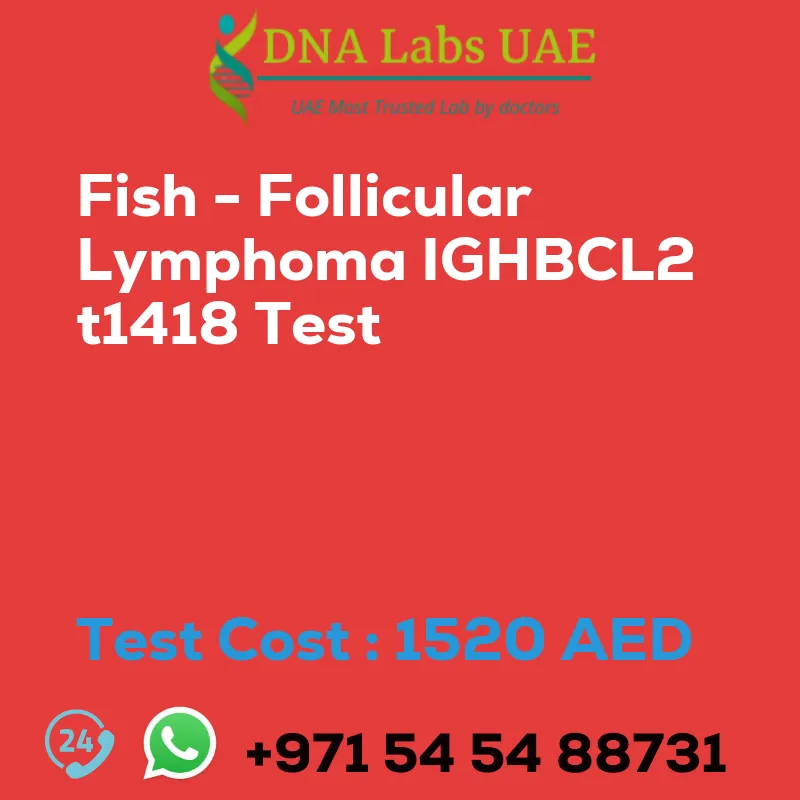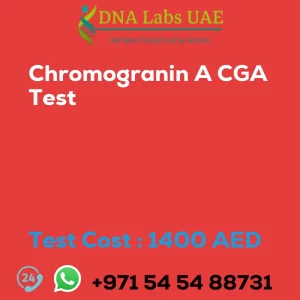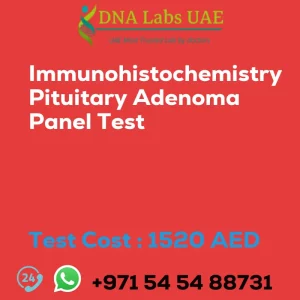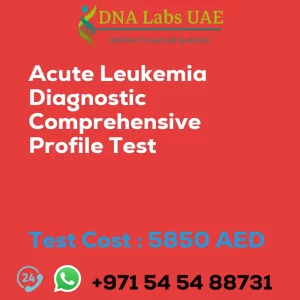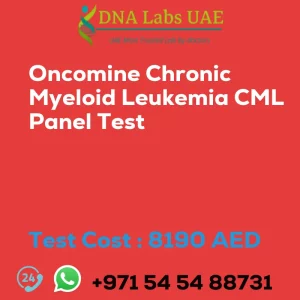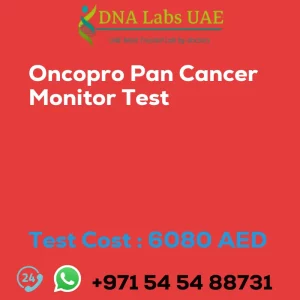FISH – FOLLICULAR LYMPHOMA IGHBCL2 t1418 Test
Test Name: FISH – FOLLICULAR LYMPHOMA IGHBCL2 t1418 Test
Components: Price: 1520.0 AED
Sample Condition: 4 mL (3 mL min.) whole blood OR 4 mL (2 mL min.) Bone marrow from 2 Green Top (Sodium Heparin) tubes. Ship at 18-22°C OR Lymph node biopsy (5×5 mm) in normal saline OR Formalin fixed paraffin embedded tissue block. Ship at room temperature. DO NOT FREEZE.
Requisition Form: Duly filled Chromosome & FISH analysis Requisition Form (Form 17) is mandatory.
Report Delivery: Sample Daily by 4 pm; Report 4 Working days
Method: FISH
Test type: Lymphomas
Doctor: Oncologist
Test Department: CYTOGENETICS
Pre Test Information: Duly filled Chromosome & FISH analysis Requisition Form (Form 17) is mandatory.
Test Details:
The FISH – Follicular Lymphoma (IGH/BCL2) t(14;18) test is a molecular diagnostic test used to detect a specific chromosomal translocation in follicular lymphoma. This translocation involves the genes IGH (Immunoglobulin heavy chain) and BCL2 (B-cell lymphoma 2), resulting in the fusion of these genes.
The t(14;18) translocation is found in approximately 85-90% of cases of follicular lymphoma, making it a useful diagnostic marker for this type of lymphoma. This translocation leads to the overexpression of the BCL2 protein, which prevents apoptosis (programmed cell death) and promotes the survival of lymphoma cells.
The FISH test uses fluorescently labeled DNA probes that specifically bind to the IGH and BCL2 genes. By examining the pattern of fluorescence under a microscope, the presence of the t(14;18) translocation can be detected. This test can be performed on a bone marrow or lymph node biopsy sample.
The FISH – Follicular Lymphoma (IGH/BCL2) t(14;18) test is important for confirming the diagnosis of follicular lymphoma and distinguishing it from other types of lymphomas. It can also be used to monitor disease progression and response to treatment.
It is important to note that this test is not used for screening or early detection of follicular lymphoma, but rather for confirming the diagnosis in individuals suspected to have the disease. It is typically ordered by a hematologist or oncologist as part of the diagnostic workup for lymphoma.
| Test Name | FISH – FOLLICULAR LYMPHOMA IGHBCL2 t1418 Test |
|---|---|
| Components | |
| Price | 1520.0 AED |
| Sample Condition | 4 mL (3 mL min.) whole blood OR 4 mL (2 mL min.) Bone marrow from 2 Green Top (Sodium Heparin) tubes. Ship at 18\u0192??22?\u00f8C OR Lymph node biopsy (5×5 mm) in normal saline OR Formalin fixed paraffin embedded tissue block. Ship at room temperature. DO NOT FREEZE. Duly filled Chromosome & FISH analysisRequisition Form (Form 17) is mandatory. |
| Report Delivery | Sample Daily by 4 pm; Report 4 Working days |
| Method | FISH |
| Test type | Lymphomas |
| Doctor | Oncologist |
| Test Department: | CYTOGENETICS |
| Pre Test Information | Duly filled Chromosome & FISH analysisRequisition Form (Form 17) is mandatory. |
| Test Details |
The FISH – Follicular Lymphoma (IGH/BCL2) t(14;18) test is a molecular diagnostic test used to detect a specific chromosomal translocation in follicular lymphoma. This translocation involves the genes IGH (Immunoglobulin heavy chain) and BCL2 (B-cell lymphoma 2), resulting in the fusion of these genes. The t(14;18) translocation is found in approximately 85-90% of cases of follicular lymphoma, making it a useful diagnostic marker for this type of lymphoma. This translocation leads to the overexpression of the BCL2 protein, which prevents apoptosis (programmed cell death) and promotes the survival of lymphoma cells. The FISH test uses fluorescently labeled DNA probes that specifically bind to the IGH and BCL2 genes. By examining the pattern of fluorescence under a microscope, the presence of the t(14;18) translocation can be detected. This test can be performed on a bone marrow or lymph node biopsy sample. The FISH – Follicular Lymphoma (IGH/BCL2) t(14;18) test is important for confirming the diagnosis of follicular lymphoma and distinguishing it from other types of lymphomas. It can also be used to monitor disease progression and response to treatment. It is important to note that this test is not used for screening or early detection of follicular lymphoma, but rather for confirming the diagnosis in individuals suspected to have the disease. It is typically ordered by a hematologist or oncologist as part of the diagnostic workup for lymphoma. |

